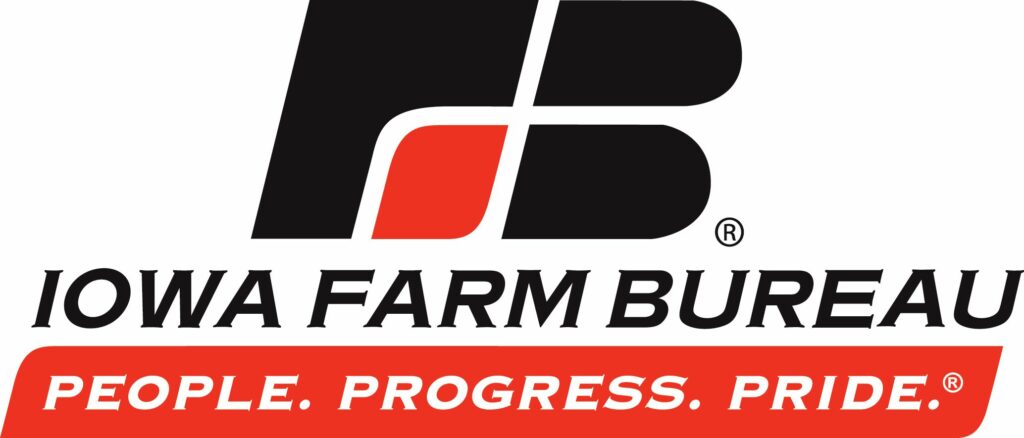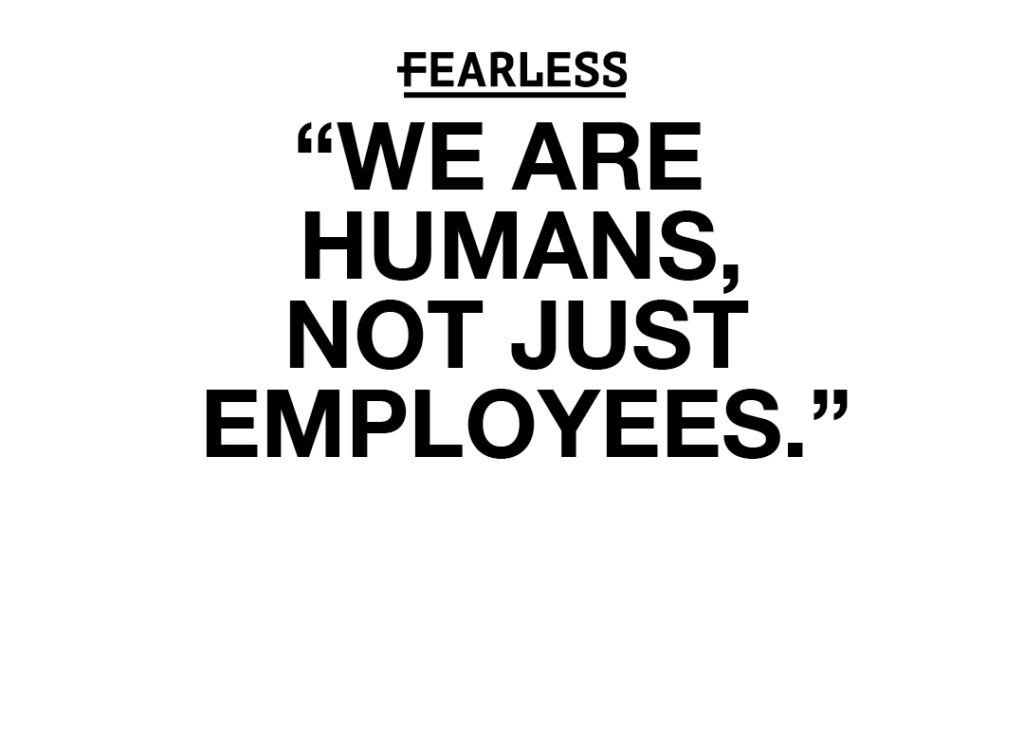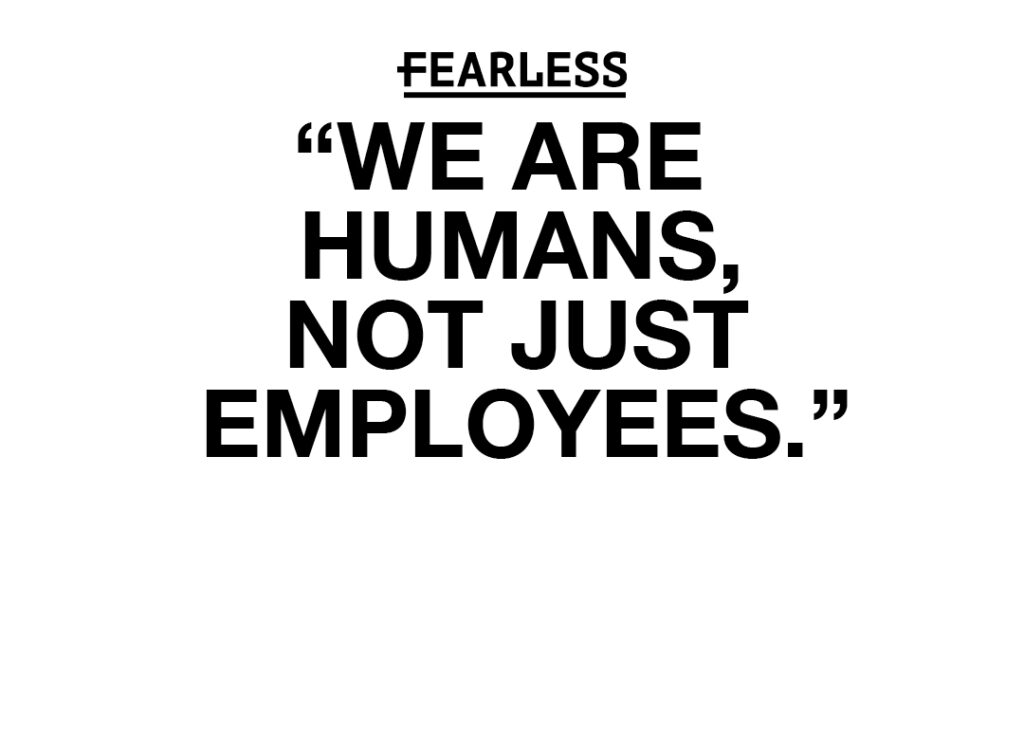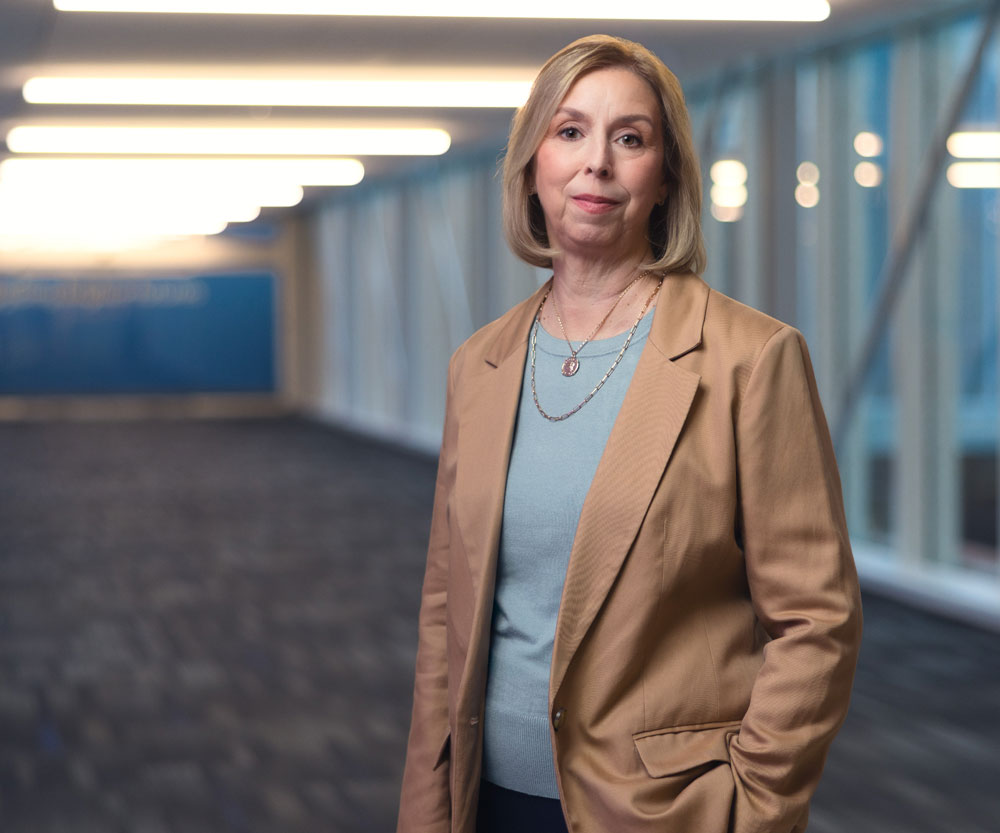Inside the Global Insurance Accelerator

The six initial startups of the new Global Insurance Accelerator arrived in Des Moines in mid-February amid arctic chills, and they have since been immersed in a near-dizzying schedule of back-to-back meetings with potential mentors. During this first month of engagement, the six startup teams will refine concepts and receive feedback from experts as they prepare to pitch their solutions to potential partners and investors in late May.
It’s clear from the startups I spoke with that each had already made significant progress – if they were not already poised on the launch pad – before finding out about the Global Insurance Accelerator. As several told me, they viewed the accelerator as an incredibly opportune fit for accelerating the connections they want to make within the insurance industry.
In this week’s issue I profile three of the businesses. I’ll write about the other three in the coming weeks.
LifeDB LLC
Brent Williams, Scott Venerable and Jason Dively – Des Moines
IN A NUTSHELL: LifeDB’s goal is to bridge the gap between a life insurance policy and the intended beneficiary. Its software makes it easier and faster to facilitate the payment of a life insurance claim.
Relatively few people outside the life insurance industry may realize it, but more than half of life insurance policies go unclaimed because the beneficiaries are unaware that their family member had insurance or that a policy existed.
Three partners are building a technology solution that will provide a searchable database and notification system aimed at significantly increasing the number of beneficiaries who actually collect on their policies. The venture, LifeDB LLC, has been under development for the past two years by Brent Williams and Scott Venerable, two seasoned Principal Financial Group Inc. investment representatives who operate their own advisory firm, R&D Plan Specialists.
“We’re not your typical startup,” said Williams. Both he and Venerable are seasoned top producers for Principal and have more than 20 years of sales, marketing and business ownership experience. A third partner in the startup is Jason Dively, former Pleasant Hill mayor and past city council member, who will provide sales and marketing expertise.
“We’ve used our own money to this point; we have successful businesses outside of this,” Williams said. “It just happens to be a passion and ties into our personal business that we have, which is designed to review and design personal and business financial plans. So this product and this solution works very well hand in hand with what our actual business is.”
Payment of unclaimed policies has been a hot topic for the past couple of years within the life insurance industry. In 2011 the National Association of Insurance Commissioners (NAIC) established a task force, and since then several major insurers have entered into multistate agreements to pay tens of millions of dollars in unpaid claims to beneficiaries as well as settlements to the states. A separate NAIC task force recently released its recommendations to revise the life insurance provisions of the Uniform Unclaimed Property Act of 1995.
Williams’ initial goal was to create a life insurance notification product, called BeneNotify, as an added benefit for his clients. The product would inform beneficiaries upon the death of a client of all the assets and accounts the client so that proper claims could be filed.
Venerable, meanwhile, had created a searchable database (www.lifeinsurancedatabase.com) for locating insurance policies. “So really it was taking our two ideas and merging them together,” Williams said.
LifeDB is also about helping insurance companies get better at what they do from a claims processing perspective, Venerable said. The startup plans to offer a BeneCertify product that would provide a third-party verification service for life insurers to increase consumers’ confidence.
“If we get the number (of unclaimed policies) down to 5 or 10 percent, life insurance companies would have, I believe, a tough time managing the claims process itself. So with our BeneCertify process, we literally take the claims process off of their plate,” Venerable said.
Having lived and worked throughout their careers in Des Moines, the partners hope to make the connection with a Des Moines-based insurer.
“We’re in the life insurance capital of the country, and it would be great to see our solution that could potentially impact a large percentage of Americans get kick-started here in Des Moines,” Venerable said. “We really want to give them first opportunity to our services.”
CityMile
Jason and Georgia Sprenger – Rio de Janeiro, Brazil
IN A NUTSHELL: CityMile seeks to use mobile technology solutions to bridge the gap between humans, their vehicles and their insurers, saving drivers money and improving safety.
Jason and Georgia Sprenger were living and working in Rio de Janeiro, Brazil, when they spotted information about the new Global Insurance Accelerator in a directory of startup accelerator programs.
The couple had just moved to Brazil in November from New York City, where Georgia ran her own pet-sitting and dog-walking business and Jason worked on Wall Street for a major European bank.
“It was always a dream of mine to learn another language and to start a business,” he said. “I was lucky enough to have a wife from Brazil, so we picked up and went there.”
With the sky-high cost of owning an automobile in Brazil, the concept for CityMile quickly jelled. Their technology services company seeks to bridge the gap between drivers, their vehicles and insurers by capitalizing on the emerging trend of usage-based auto insurance. Currently, a limited number of insurers are collecting driver usage data from their customers using devices that plug into the vehicle’s data port. However, consumers are getting little for their data other than the possibility of a premium discount.
“We want to incorporate some customer-centric features,” Jason Sprenger said. “Right now with the big-name insurers, it’s a one-way street in terms of data. There’s no feedback and no transparency – we’re trying to change that. We think that as the market continues and starts to get closer to saturation, you’re going to have clients start demanding a little bit more for their data.”
Their target market would be small to medium-sized property/casualty insurers who see the benefit of offering a value-added product to their customers.
Features that CityMile could provide may include trip tracking, fuel efficiency and mileage statistics – all elements that could help drivers lower the cost of using their vehicles, he said. “That was of big importance for us when we were developing the technology in Brazil, and we think it’s going to resonate with a lot with clients here in the United States as well.”
The product will also resonate with insurance companies, the Sprengers believe, because usage-based insurance has the potential to positively influence driver behavior and thus lower claims expenses.
“I think that’s huge for insurance companies right now and they’re starting to understand that,” Jason Sprenger said. “We’re working on another feature for this app right now that’s actually going to build in a driving score.”
Despite having no previous experience in the insurance industry, the Sprengers see their startup’s acceptance into the accelerator as validation in itself that they have a marketable concept that’s going to grab some attention.
“Having all these mentors here in insurance – as well as all kinds of expertise and backgrounds – will really help us to catapult the business in a positive direction,” Georgia said.
“We’re constantly redefining our business plan every day,” Jason said. “It’s been nothing but a great learning experience. We’ve had a lot of positive feedback that this is something that’s relevant in the industry right now.”
Pablow
Steve Sherlock, Berlin, Germany
IN A NUTSHELL: Pablow is a next-generation global insurance platform that connects targeted travel insurance to small travel retailers.
During his 17 years in the travel insurance business, Steve Sherlock has identified some major disconnects between the services offered by large travel insurers and the small to medium-sized travel retailers.
His company, Pablow, seeks to pool the volume of “smaller fish” in the leisure travel industry so that they can leverage the products of the larger insurers.
“A big travel insurance company like Allianz wants to diversify their revenues, but for them to do a contract with a travel company, it has to be a certain volume so they can spread their costs out across that volume,” Sherlock said. “That’s a problem for these small to medium travel retailers, because they want to access these products, but they don’t have enough volume to justify a contract. So it’s like a Catch-22. We solve the problem by sitting in the middle.”
Pablow already has entered into a global deal with Allianz Global Assistance to offer low-cost car rental deductible/exemption coverage in 40 countries. Allianz rolled the product out initially in the Australia and New Zealand markets, and Allianz now offers it in in the United States, Canada and throughout Europe.
Pablow is now talking with insurance companies about a similar approach to offering vacation rental insurance that can be sold as an add-on product for small to medium-sized resorts as they’re booked online.
Other verticals the company has identified include cruise cancellation insurance, car-share insurance, business travel coverage and airline on-time performance coverage.
“Effectively the rollout model is to add more products into the system and then we’ll market to the retailers,” Sherlock said. “It’s that network effect – the more retailers you have connected, the more interesting that is for the big insurance companies, and the more insurance companies you have, the more interesting that is for the retailers.”
Sherlock moved his company’s headquarters to Berlin, Germany, a year ago to be closer to European-based insurers.
Finding a niche insurance accelerator in Des Moines was an ideal fit for his company, Sherlock said.
“Part of the reason for being over in Europe is so that we’re close to the insurance companies we want to work with,” he said. “We want to replicate that now in the U.S. to be close to big insurance companies here. … We would have eventually started operating in the U.S. market, but to do that with the assistance of the program and the network has been very helpful. In just a week, we’ve made some really good contacts that might have taken us six months otherwise.”
Other startup companies participating in the inaugural accelerator class are:
ClinicNote – Ames, Iowa
ClinicNote is a software platform designed to simplify the relationship between private-practice therapists and insurance companies by eliminating inefficiencies by automatically aggregating therapy session notes to generate required insurance reports and reimbursement claims.
Tyche – San Jose, Calif.
Tyche is using legal, financial and insurance data to build predictive models of legal risk. It plans to help stakeholders in lawsuits understand, manage and value their litigation portfolios.
Drive Spotter Inc. – Omaha, Neb.
Drive Spotter Inc. is developing a technology product that will monitor commercial drivers’ alertness that will be marketed to property/casualty insurers as a safety incentive.









